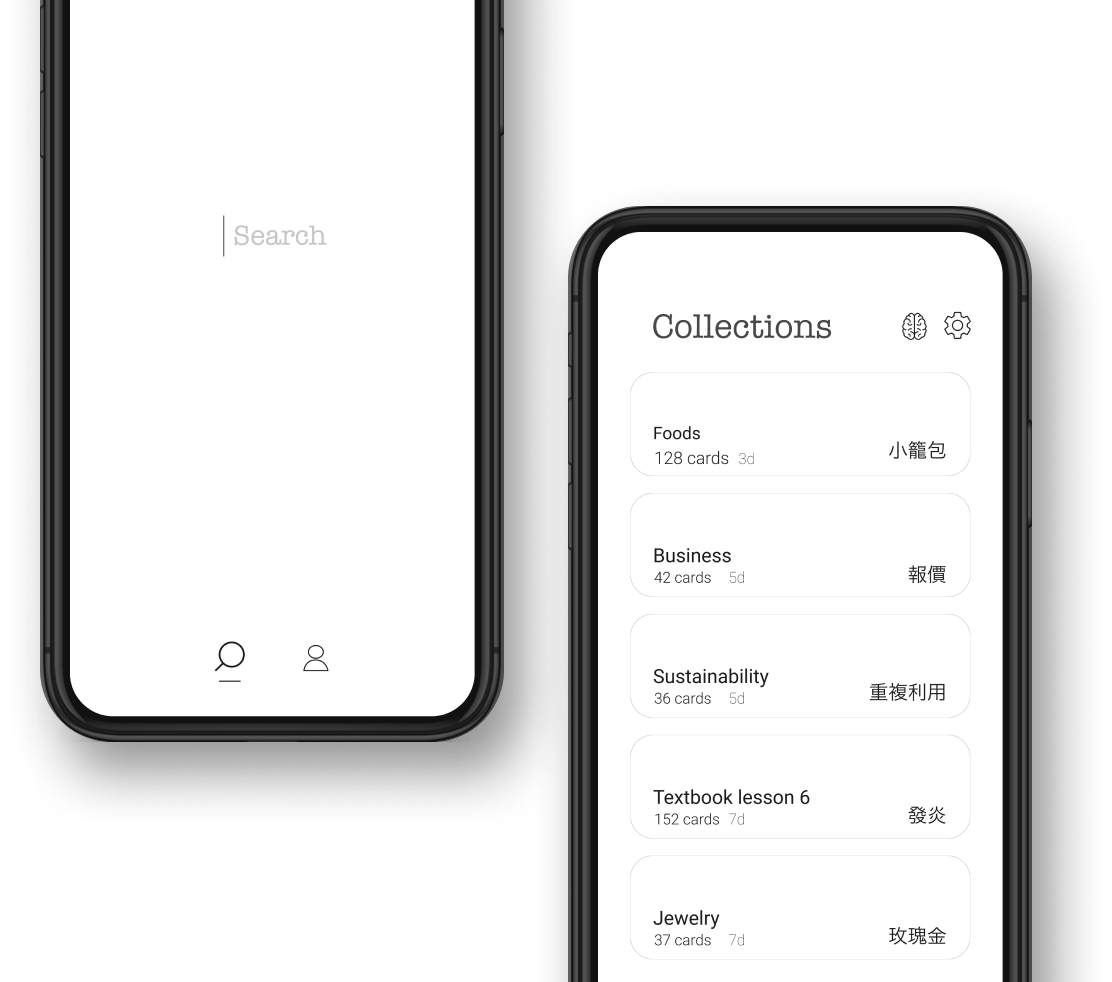Meaning of yì:
异
different; other; unusual; strange; surprising
Wǒmen yǒuzhe yìcháng de guāndiǎn.
我们有着异常的观点。
We have different opinions.
Zhè cì lǚxíng ràng wǒ lǐnglüè dào le bùtóng de wénhuà hé xíyì.
这次旅行让我领略到了不同的文化和习异。
This trip allowed me to experience different cultures and customs.
Zhè jiā cāntīng de fēnwéi hěn yìcháng.
这家餐厅的氛围很异常。
The atmosphere of this restaurant is very unusual.
Zhège dìfāng de wénhuà xísú duì wǒ lái shuō yǒuxiē yìcháng.
这个地方的文化习俗对我来说有些异常。
The cultural customs of this place are somewhat strange to me.
Zhè cì zhǎnlǎn shàng yǒu yīxiē fēicháng yì de yìshù zuòpǐn.
这次展览上有一些非常异的艺术作品。
There are some very surprising art pieces at this exhibition.
hetero-
Nǐ néng jiěshì zhè jiàn shìqíng zhōng de yìcháng xiànxiàng ma?
你能解释这件事情中的异常现象吗?
Can you explain the unusual phenomenon in this matter?
to distinguish; to separate; to discriminate
Tāmen zhījiān de wénhuà chāyì fēicháng míngxiǎn.
他们之间的文化差异非常明显。
The cultural differences between them are very apparent.
Tāmen de yìjiàn yǒuxiē yì.
他们的意见有些异。
Their opinions are somewhat different.
Wǒmen bù yīng gāi duì biérén yǒu rènhé de yìyàng duìdài.
我们不应该对别人有任何的异样对待。
We should not treat others with any discrimination.

